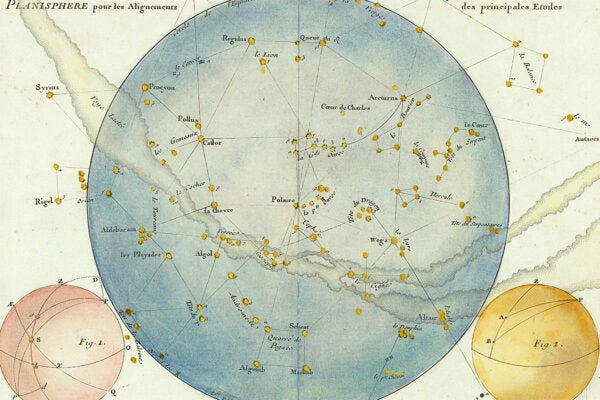The Secrets of Butterfly Migration, Written in Pollen
Trillions of insects move around the globe each year. Scientists are working on new ways to map those long-distance journeys.
Home Foundations Are Crumbling. This Mineral Is to Blame.
Pyrrhotite causes cracks in concrete. But research on how widespread the issue might be has only scratched the surface.
Science in Defiance of the Tsar: The Women of the 1860s
Sofia Kovalevskaia became the first woman in Europe to obtain her doctorate in mathematics—but only after leaving Russia for Germany.
Antarctica Unveiled: From Accidents to Airborne Labs
Twentieth-century surveys revealed the landscape beneath the Antarctic ice using radio echo-sounding, a technique that emerged largely by accident.
String Theory Is Not Dead
Out of the limelight, theoretical physicists seek the math that can explain the universe’s particles and forces.
A Blind Beetle Named Hitler?
The case for changing offensive names of animals and plants, and how it can be done
Moho-A-Go-Go: Journey to the Far Edge of the Center of the Earth
The “Moho,” short for the Mohorovičić discontinuity, is a long way down.
Viruses Through the Looking-Glass
The electron microscope brought about a paradigm shift in virology in the middle of the twentieth century.
Spider in the Telescope: The Mechanization of Astronomy
John Flamsteed’s vision of an astronomer's skill set clashed with existing ideas about observing, paving the way for a new mindset based on mechanical objectivity.









